First Published 1997 by FRANK CASS & CO. LTD.
Published 2021 by Routledge
2 Park Square, Milton Park, Abingdon, Oxon OX14 4RN
605 Third Avenue, New York, NY 10017
Routledge is an imprint of the Taylor & Francis Group, an informa business
Copyright 1997 E. Zev Sufott
All rights reserved. No part of this book may be reprinted or reproduced or utilised in any form or by any electronic, mechanical, or other means, now known or hereafter invented, including photocopying and recording, or in any information storage or retrieval system, without permission in writing from the publishers.
Notice:
Product or corporate names may be trademarks or registered trademarks and are used only for identification and explanation without intent to infringe.
British Library Cataloguing in Publication Data:
Sufott, E. Zev
A China diary : Towards the establishment of China-
Israel diplomatic relations
1. Israel - Foreign relations - China 2. China - Foreign
relations - Israel - 1949-
1. Title
327.5694051
Library of Congress Cataloging-in-Publication Data:
Sufott, E. Zev, 1927-
A China diary : Towards the establishment of China-
Israel diplomatic relations
p. cm.
Includes bibliographical references.
ISBN 0-7146-4721-7 (cloth). - ISBN 0-7146-4271-1 (pbk)
1. Israel-Foreign relations-China. 2. China-Foreign relations-
Israel. 3. Sufott, E. Zev, 1927- . 4. Diplomats-Israel-
Biography. I. Title.
DS119.8.C5S84 1997
96-52662
327.5105694dc21
ISBN: 9780714647210 (hbk)
ISBN: 9780714642710 (pbk)
DOI: 10.4324/9781003062523
Typeset by
Vitaset, Paddock Wood
Contents
2 The first leap forward
3 Striking roots
4 A new leap forward
5 Digging in
6 From an evening at the theatre to Beihai Park
7 New nuances and old reassertions
8 Further progress shocks from Moscow
9 Hong Kong Tokyo New York
10 Formal ties imminent
11 Culminating visits no longer so secret
12 The new chapter
Epilogue
- 2 The first leap forward
- 3 Striking roots
- 4 A new leap forward
- 5 Digging in
- 6 From an evening at the theatre to Beihai Park
- 7 New nuances and old reassertions
- 8 Further progress shocks from Moscow
- 9 Hong Kong Tokyo New York
- 10 Formal ties imminent
- 11 Culminating visits no longer so secret
- 12 The new chapter
- Epilogue
- ii
- P-1
- P-2
- P-3
- P-4
- P-5
- P-6
- P-7
- P-8
Prologue
THE FIRST official exchange between the Peoples Republic of China and the State of Israel was in January 1950, some months after the establishment of the Communist regime in Beijing. On 9 January 1950, Israels Foreign Minister, Moshe Sharett, informed his Chinese counterpart, Zhou Enlai, in the customary cabled message, of Israels recognition of Chinas new government as the legitimate regime. This is the step required of a pre-existing state, conferring recognition upon a new state or regime. A week later, on 16 January 1950, the customary cable of acknowledgement was received in Jerusalem. Over 40 years were to elapse before the normalization of relations between the two countries. In the intervening decades, contacts between China and Israel were few and far between. The only occurrence of continuous contacts was between Israels first Minister to Burma and his Chinese counterpart, starting early in 1954 and culminating in the visit of an official Israeli delegation to China early in 1955. These could well have led to normalization and the establishment of diplomatic relations, as the records suggest. Post-Korean War China was seeking to extend the range of its relations and define an international role for itself.
David Hacohen, Burma Diary 19531955 (Tel Aviv: Am Oved, 1963), pp.41718.
Washington DC was exerting its influence against relations and contacts with China. It remains a moot point to what extent this inhibited Jerusalem. The Israeli governments instructions to its Minister in Rangoon and to the Israeli delegation which visited China contained explicit cautions against any commitments beyond the exploration of possibilities for bilateral trade. Development of these contacts was cut short by the Bandung Conference of non-aligned states, held in Indonesia in April 1955, which marked an evolution in the international role which China was to set for itself, and in its perception of its relations with the Arab and Moslem states. China was made fully aware, even in the early stages leading up to the Conference, of the Arab states demand for the boycott of all relations with Israel.
Over the following three decades, China could be placed in a category of its own, as far as Israel was concerned. Only very rare cases are recorded of Chinese entry visas issued to bearers of Israeli passports. The rule was that Israeli passport holders were not granted entry to China. Official communication between the two countries was even rarer. A unique Chinese Diplomatic Note was addressed to Israel in August 1963, on the subject of nuclear disarmament. Israel had possibly been included by error in the list of recipients of the Chinese Note. Israels detailed response, including proposals for exchanges and relations between the two countries, was met with a deafening silence. This did not deter the Israeli government from despatching a follow-up Note of reminder, which likewise elicited no acknowledgement.
Direct trade with Israel was forbidden, unlike trade relations between China and other countries with which China had no official relations but conducted lively trade exchanges, including some of Israels Arab neighbours. Postal contacts were, at best, haphazard. The very suggestion, in a press report in the early 1970s, that telephone links were to be established between the two countries, elicited a firm Chinese denial of any such links with the Zionist entity, this being the official Chinese designation for the State of Israel during that period.



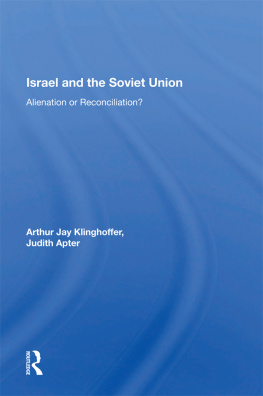
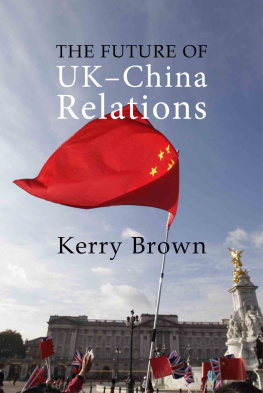

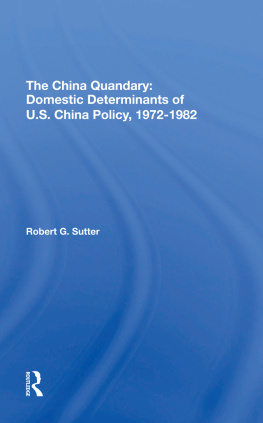
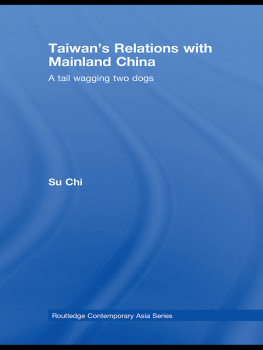
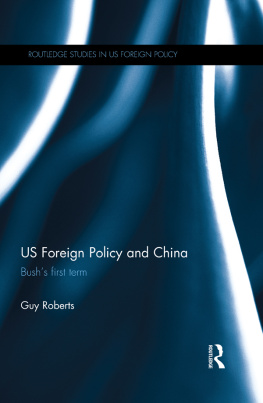
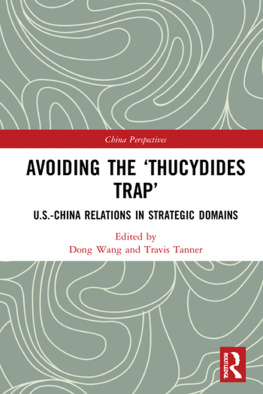
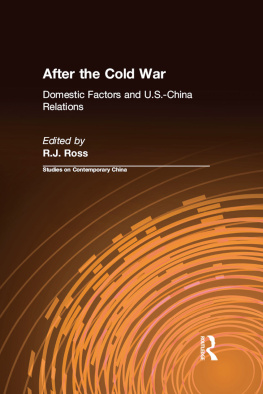
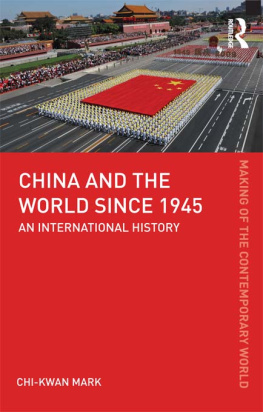

 The envelope conveying the first official communication from Chinas Foreign Ministry to the new Israeli Embassy in Beijing
The envelope conveying the first official communication from Chinas Foreign Ministry to the new Israeli Embassy in Beijing